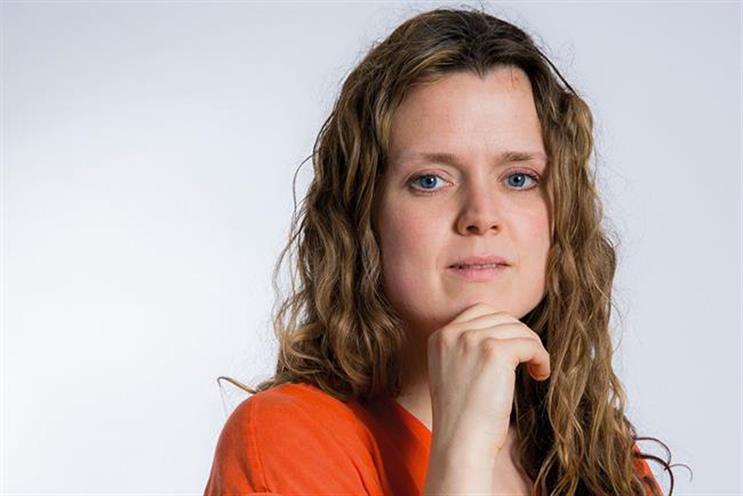Apart from the recent Maltesers ads, when was the last time you saw a disabled person in advertising? I mean in general ads, not ones for relevant charities. There was that Marks & Spencer Christmas spot a couple of years ago featuring the then four-year-old Seb White [below]. But that came about after his mother contacted the store – not out of any initiative from the retailer itself. Props to M&S for accepting the baton but it hadn’t been training for the race.
To accompany its 70th-anniversary campaign for Mencap, The Corner has started a commendable push to get 70 companies to pledge to offer work experience to someone with a learning disability. An impressive roster of agencies and production companies have signed up but there’s a long way to go. Think about it seriously if you have yet to do so. Getting things right behind the scenes has only got to help us get the on-screen output sorted too.
As we reported last week, if brands underestimate the "purple pound", it is at their own cost. Rosemary Frazer, campaigns manager at Scope, made this point to the assembled advertising and media execs at a roundtable on diversity at Channel 4 last month. When brands embrace disability, they not only get her goodwill but also that of her friends, family and networks.
There is so much evidence that shows diverse companies are more successful. A 2015 McKinsey & Company report, Diversity Matters, found that companies in the top quartile for gender diversity were 15% more likely to have financial returns above their national industry median, while companies in the top quartile for ethnic diversity were 35% more likely to have financial returns above their national industry median.
As an FMCG giant, Mars puts all its ads through rigorous research to test their purchase propensity (how likely people are to go out to buy the product advertised). The disability spots tested more strongly than any Maltesers ads in the past six years. Now, one campaign does not a case make – it would be great if someone could carry out a proper study into the impact of the portrayal of diversity in marketing communications – but that’s a great start.
The world has changed. People don’t look to advertising to present a perfect world any more – if they ever did. And, sometimes, the worst thing is being so worried about getting it wrong that you don’t even try. Abbott Mead Vickers BBDO group chairman and group chief executive Cilla Snowball happily admits that they had to work on the Maltesers spots to get them right. By involving disabled people on the brief, partnering Scope and having a colleague with a disability on the team, they were able to find their way.
It’s terrible that the fifth of the population with disabilities are so unrepresented in public life. If the advertising industry wants to be here for good – and the public to really believe that it is – it must embrace disability as part of its very laudable commitment to reflecting the world we live in. Getting diversity right is a heptathlon, not a single sport, and we must compete in all fields if we want to win.


